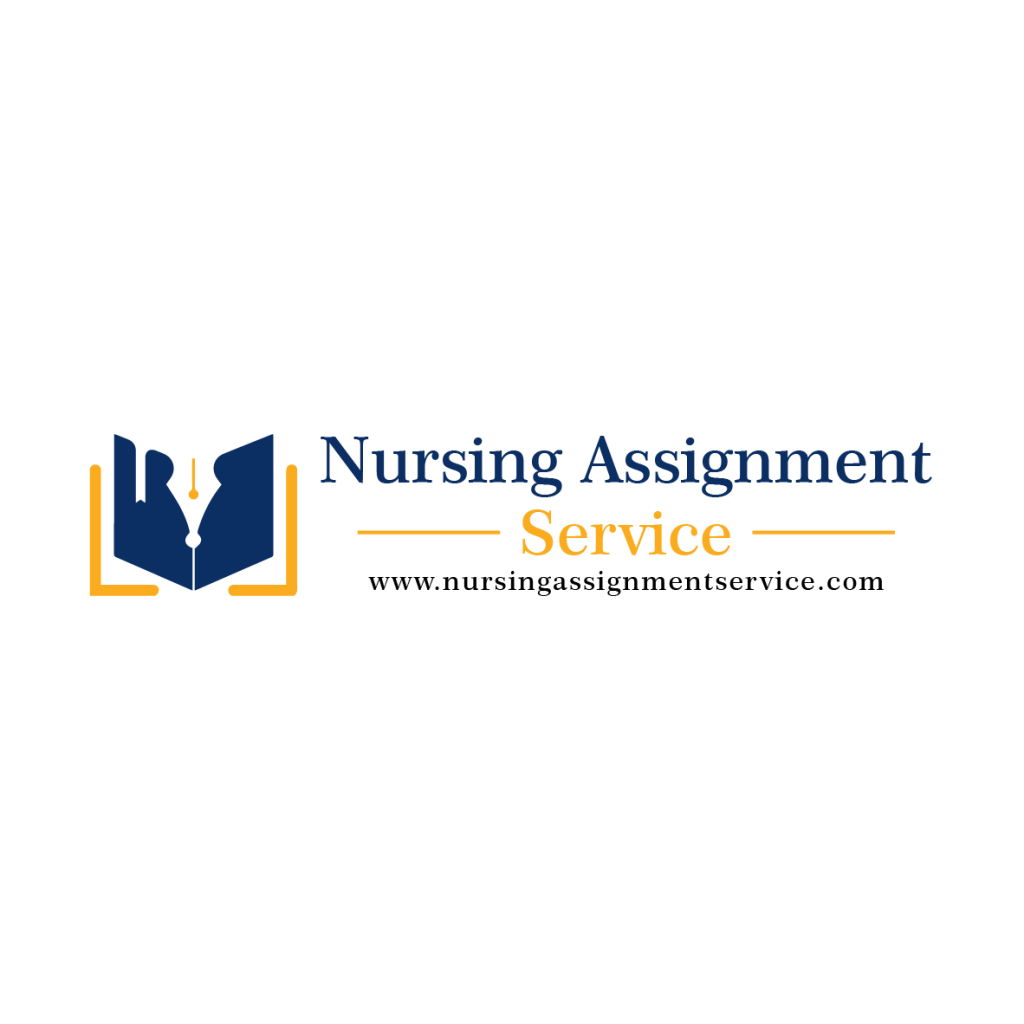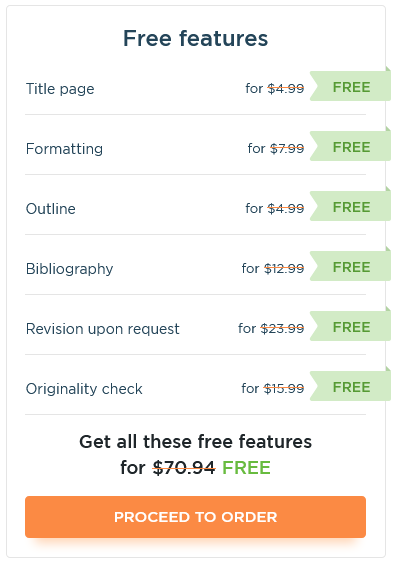NR 501 Week 1 Nursing Theory
Purpose
The purpose of the graded collaborative discussions is to engage faculty and students in an interactive dialogue to assist the student in organizing, integrating, applying, and critically appraising knowledge regarding advanced nursing practice. Scholarly information obtained from credible sources as well as professional communication are required. Application of information to professional experiences promotes the analysis and use of principles, knowledge, and information learned and related to real-life professional situations. Meaningful dialogue among faculty and students fosters the development of a learning community as ideas, perspectives, and knowledge are shared.
Activity Learning Outcomes
Through this discussion, the student will demonstrate the ability to:
- Demonstrate logical and creative thinking in the analysis and application of a theory to nursing practice. (PO 2 and 5) Weeks 2, 6
- Examine broad theoretical concepts as foundational to advanced nursing practice roles. (PO 1 and 2) Weeks 1, 2, 4
- Analyze theories from nursing and relevant fields with respect to the components, relationship among the components, and application to advanced nursing practice. (PO 1) Weeks 4, 6
Due Date:
A 10% late penalty will be imposed for discussions posted after the deadline on Wednesday, regardless of the number of days late. NOTHING will be accepted after 11:59pm MT on Sunday (i.e. student will receive an automatic 0). Week 8 discussion closes on Saturday at 11:59pm MT.
Total Points Possible: 75
Requirements:
Discussion Criteria
- Application of Course Knowledge: The student post contributes unique perspectives or insights gleaned from personal experience or examples from the healthcare field. The student must accurately and fully discuss the topic for the week in addition to providing personal or professional examples. The student must completely answer the entire initial question.
- Engagement in Meaningful Dialogue: The student responds to a student peer and course faculty to further dialogue.
- Peer Response: The student responds substantively to at least one topic-related post by a student peer. A substantive post adds content or insights or asks a question that will add to the learning experience and/or generate discussion.
- A post of “I agree” with a repeat of the other student’s post does not count as a substantive post. A collection of shallow posts does not equal a substantive post.
- The peer response must occur on a separate day from the initial posting.
- The peer response must occur before Sunday, 11:59 p.m. MT.
- Faculty Response: The student responds substantively to at least one question by course faculty. The faculty question may be directed to the student, to another student, or to the entire class.
-
- A post of “I agree” with a repeat of the faculty’s post does not count as a substantive post. A collection of shallow posts does not equal a substantive post.
- The faculty response must occur on a separate day from the initial posting.
-
- Peer Response: The student responds substantively to at least one topic-related post by a student peer. A substantive post adds content or insights or asks a question that will add to the learning experience and/or generate discussion.
- Integration of Evidence: The student post provides support from a minimum of one scholarly in-text citation with a matching reference and assigned readings or online lessons, per discussion topic per week.
- What is a scholarly resource? A scholarly resource is one that comes from a professional, peer-reviewed publication (e.g., journals and government reports such as those from the FDA or CDC).
- Contains references for sources cited
- Written by a professional or scholar in the field and indicates credentials of the author(s)
- Is no more than 5 years old for clinical or research articles
- What is not considered a scholarly resource?
- Newspaper articles and layperson literature (e.g., Readers Digest, Healthy Life Magazine, Food, and Fitness)
- Information from Wikipedia or any wiki
- Textbooks
- Website homepages
- The weekly lesson
- Articles in healthcare and nursing-oriented trade magazines, such as Nursing Made Incredibly Easy and RNMagazine (Source: What is a scholarly article.docx; Created 06/09 CK/CL Revised: 02/17/11, 09/02/11 nlh/clm)
- Can the lesson for the week be used as a scholarly source?
- Information from the weekly lesson can be cited in a posting; however, it is not to be the sole source used in the post.
- Are resources provided from CU acceptable sources (e.g., the readings for the week)?
- Not as a sole source within the post. The textbook and/or assigned (required) articles for the week can be used, but another outside source must be cited for full credit. Textbooks are not considered scholarly sources for the purpose of discussions.
- Are websites acceptable as scholarly resources for discussions?
- Yes, if they are documents or data cited from credible websites. Credible websites usually end in .gov or .edu; however, some .org sites that belong to professional associations (e.g., American Heart Association, National League for Nursing, American Diabetes Association) are also considered credible websites. Websites ending with .com are not to be used as scholarly resources.
- What is a scholarly resource? A scholarly resource is one that comes from a professional, peer-reviewed publication (e.g., journals and government reports such as those from the FDA or CDC).
- Professionalism in Communication: The post presents information in logical, meaningful, and understandable sequence, and is clearly relevant to the discussion topic. Grammar, spelling, and/or punctuation are accurate.
- Wednesday Participation Requirement: The student provides a substantive response to the graded discussion question(s) or topic(s), posted by the course faculty (not a response to a peer), by Wednesday, 11:59 p.m. MT of each week.
- Total Participation Requirement: The student provides at least three substantive posts (one to the initial question or topic, one to a student peer, and one to a faculty question) on two different days during the week.
Preparing the Assignment
For many students enrolled in NR501, this is an initial course for nursing theory. So, let’s have a debate. Is nursing theory important to the nursing profession? In particular, is it important for nurse practitioners? Does theory inform nurse practitioner practice? If you believe that it is important, explain why it is useful. If you do not believe that it is useful, explain why nursing theory is not necessary to the profession?
Sample Discussion Post
Hello everyone! I believe that nursing theories are important because they not only provide a foundation to nursing practice, but they also help to define the qualities and roles that nurses should possess. Nursing theory provides the framework for nursing and identifies the true meaning of the nursing profession (Iskandarani, Al Hammadi, and Al Gizani (2012). Without nursing theory, nurses may not understand their purpose or roles in the healthcare setting (Colley, 2003). Hospitals are consistently incorporating theory into practice and many nurses may use these theories unknowingly in daily practice to make educated decisions and perform interventions for our patients.
Nursing theories not only guide nursing practice but also create the opportunity to provide best care and improve outcomes for our patients (Gaines, 2020). Nursing theory important for nurses and nurse practitioners equally. Nursing theory can change how care is delivered. For example, nurse practitioners are trained to look at the patient as a whole person, including their environment, mind, body, and spirit. In other words, instead of just treating a patient for their disease, they look at the whole picture holistically.
There are four concepts that form the foundation of nursing theory. These four concepts include person, environment, health, and nursing (“Nursing Theory and Practice”). These four concepts inform nursing practice by allowing medical professionals to effectively evaluate and assess their patients. This incorporates all aspects of the nursing process including assessment, diagnosis, planning, outcomes, execution, and evaluation.
In conclusion, nursing theory is useful because it guides nurses and advanced practice nurses on how to care for their patients safely and effectively. Nursing theories provide a supportive framework that incorporates evidence-based practice and holistic patient centered care. Theories allow nurses to make decisions while respecting a patient’s cultural views and allowing them to be active members in their care.
I think one nursing theory that I would like to adopt into my practice would be Ida Jean Orlando’s nursing process theory. Ida believed that patients have their own interpretations of situations and that nurses must validate these before drawing conclusions (Wayne et al.) This is important to me because every patient is different, and it is important to evaluate all of their needs before developing a plan of care. Effective communication and trust between the patient and provider helps the patient to open and discuss what they needs need met and helps them come up with a plan to achieve these goals.
References:
Colley S. (2003). Nursing theory: its importance to practice. Nursing standard (Royal College of Nursing (Great Britain) : 1987), 17(46), 33–37. https://doi.org/10.7748/ns.17.46.33.s56.
Gaines, K. (2020, September 14). What Are Nursing Theories? Nurse.org. https://nurse.org/education/nursing-theories/
Iskandarani, L. S., Al Hammadi, A. M., & Al Gizani, R. A. (2012). Importance of nursing theories as a basis for practice. Journal of King Abdulaziz University Medical Sciences, 19(1), 115-123. https://doi.org/10.4197/Med.19-1S.8
“Nursing Theory and Practice.” Ohio University, 20 Oct. 2020, onlinemasters.ohio.edu/blog/nursing-theory-and-practice/.
Wayne, Gil, et al. “Nursing Theories and Theorists: An Ultimate Guide for Nurses.” Nurseslabs, 10 Sept. 2019, nurseslabs.com/nursing-theories/#list_of_nursing_theories_and_theorists.
Our team of expert nursing writers at Nursing Assignment Service can help you with your NR 501Week 1 Nursing Theory, place your order here.




